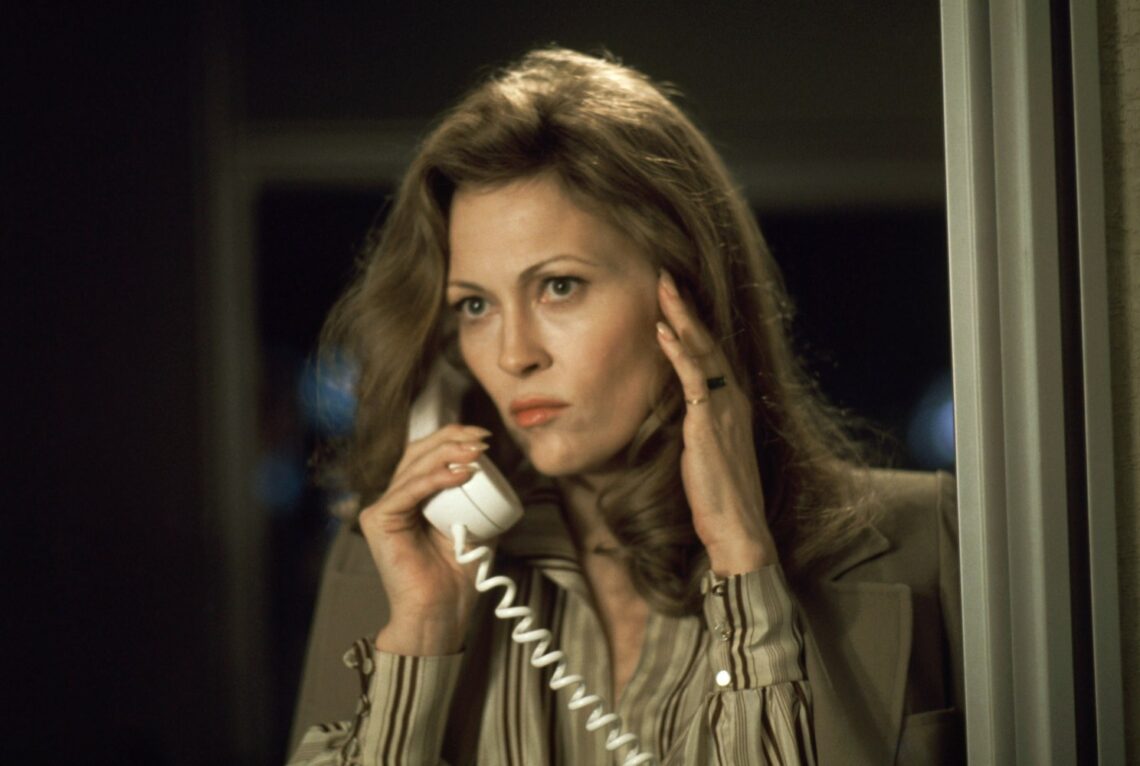Exploring the depths of celebrity documentaries: A closer look at ”Faye”
In the ever-expanding universe of celebrity documentaries, few manage to transcend the superficial and delve into the raw, unfiltered essence of their subjects. Laurent Bouzereau’s HBO documentary “Faye,” centered on the enigmatic Faye Dunaway, is a rare gem that does just that. This 90-minute film offers an unvarnished look at Dunaway’s tumultuous life and career, providing a refreshing departure from the typical star-studded infomercials.
The unfiltered truth: Dunaway’s candid revelations
From the very first minute, “Faye” sets itself apart. Dunaway’s urgency to begin filming—”Can we shoot? We need to shoot. I’m here now. C’mon. I really would like to shoot”—immediately signals that this documentary will not shy away from the actress’s complexities. Bouzereau juxtaposes this with the infamous “Tonight Show” clip where Bette Davis bluntly states she would never work with Dunaway again, setting the stage for a candid exploration of Dunaway’s reputation and personal struggles.
Dunaway’s openness about her bipolar disorder, her career highs and lows, and her personal life is both riveting and poignant. She recounts how director Arthur Penn insisted on casting her in “Bonnie and Clyde” despite Warren Beatty’s reservations, and she explains her dramatic exit from the set of Roman Polanski’s “Chinatown,” where Jack Nicholson nicknamed her ”Dread.” The documentary also delves into the origins of the iconic Terry O’Neill photo of Dunaway at the Beverly Hills Hotel after winning an Oscar for “Network,” and it doesn’t shy away from discussing the controversial “Mommie Dearest,” a film that nearly derailed her career.
For more on “Bonnie and Clyde,” check out the trailer and information sheet: https://trailers.movieetv.com/search/bonnie-and-clyde
A star-studded supporting cast
“Faye” features interviews with several notable figures who have worked with or are friends of Dunaway, including Sharon Stone, Mickey Rourke (her co-star in “Barfly”), and directors James Gray (“The Yards”), Jerry Schatzberg (“Puzzle of a Downfall Child”), and Howard Koch (assistant director of “Chinatown”). These interviews provide additional layers of insight into Dunaway’s multifaceted personality and career.
For more on “Barfly,” check out the trailer and information sheet: https://trailers.movieetv.com/search/barfly
Bouzereau’s approach: A mission to understand
Bouzereau, who previously directed HBO’s “Natalie Wood: What Remains Behind,” collaborated with Steven Spielberg’s Amblin Partners on “Faye.” The film premiered in May during the classics section of this year’s Cannes Film Festival and is set for release on July 13.
When asked about his decision to open the film with Dunaway’s demand to start shooting, Bouzereau explained, “I wanted people to know, number one, that Faye was totally comfortable being filmed at all times and also I wanted people to know that this isn’t a vanity piece about Faye Dunaway. Right after that moment of intensity with her, I wanted the interview to explain that you can concentrate on that side of her and place a judgment on that, but you also have to look deeper. That became the mission of the film. You come full circle on it and start to understand why she’s like the way she is.”
The absence of Dunaway’s reaction to the Bette Davis clip is a deliberate choice. Bouzereau believes that sometimes a hint of something can feed into the thematic without necessarily going down the rabbit hole of what happened on set. This approach keeps the film focused and maintains its backbone.
For more on “Chinatown,” check out the trailer and information sheet: https://trailers.movieetv.com/search/chinatown
The “Mommie Dearest” controversy: A case of sexism?
Dunaway’s career was almost ruined after “Mommie Dearest,” a film that has since become a cult classic. Bouzereau argues that the film’s poor reception was not entirely Dunaway’s fault. “Mommie Dearest is just not a well-made film. I do think that Faye’s performance is extraordinary. In fact, everybody’s performance in the film is great. I just don’t think it’s a well-thought-out movie. It’s very flat. But around that time a lot of male actors were making horrible films. Just think about ‘Ishtar’ with Dustin Hoffman and Warren Beatty directed by Elaine May. Did that become as big of a deal as Faye Dunaway doing ‘Mommie Dearest’? No. In fact, nobody’s talking about ‘Ishtar.’ That didn’t tarnish the reputation of everyone involved, and yet Faye makes this one movie, and it takes on this dimension. So, yes, I do think that she has been unfairly treated.”
For more on “Mommie Dearest,” check out the trailer and information sheet: https://trailers.movieetv.com/search/mommie-dearest
Reflecting on “Faye”
“Faye” is more than just a documentary; it’s a journey into the heart and soul of one of Hollywood’s most enigmatic figures. It challenges viewers to look beyond the headlines and the rumors, to understand the complexities and the humanity of Faye Dunaway. As Bouzereau aptly puts it, “During that incredible time in the seventies when the best filmmakers were coming into cinema, and the best movies were being made, there was Faye alongside all of them making those films reach a level that without her, would have never been that high.”
“Faye” debuts on HBO at 8 p.m. on July 13. For those who seek a deeper understanding of the woman behind the legend, this documentary is a must-watch.

 Italian
Italian







